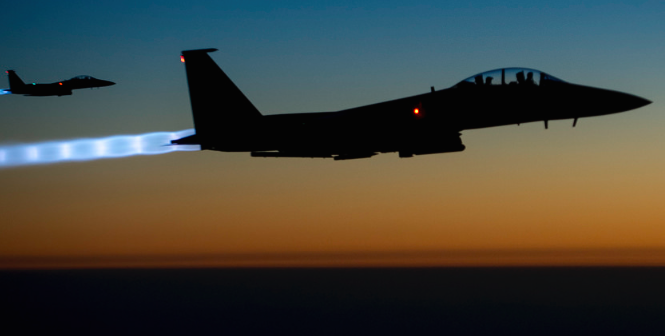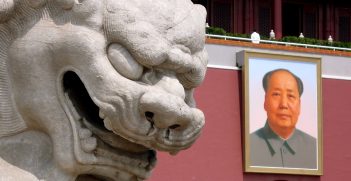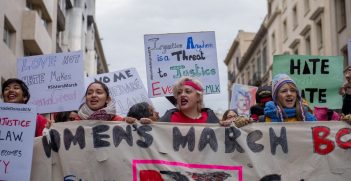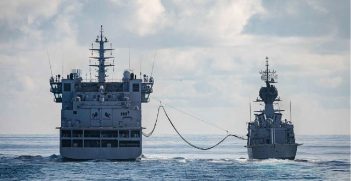Turkey's True Target

Turkey has entered the air campaign in Syria, but there are real doubts about its true target: ISIS or the Kurds?
Turkish intervention in the conflict in Syria has finally come. After allowing the tacit expansion of ISIS for more than two years, at the expense of Turkish President Erdogan’s much hated foe Al-Assad, the pressure within Turkey became too much. The conflict has provided President Erdogan with an easy distraction from his humiliating election defeat of June 7 and allowed him to depict the Kurds as the main problem facing his country.
There has been little international discussion about Turkey’s agenda. The US, in order to get support to wage its air war in Syria from an air base within Turkey, appears to have given Turkey a green light to bomb the very forces the US has vowed to support. The Kurdish armed forces are now reportedly facing almost daily air assaults from the Turkish air force, while also relying heavily on the air support offered by the US and other coalition allies, including Australia. How this will help defeat ISIS is anyone’s guess. The overt implication of the Turkish actions is a preference for an ISIS victory over almost all other options in Syria. Kurdish leaders are saying as much.
Turkey has made it clear through its actions rather than its words that the real target of its air assault is the Kurdish armed forces. The idea of a united Kurdish nation stretching from northern Iran to Aleppo is one that induces a great fear in the Turkish government. Recent attacks within Turkey, first from ISIS affiliated attackers and then more recently by Kurdish-backed militia which attacked policeman and soldiers as retribution for the Turkish air campaign, have only added fuel to the fire. The Turkish government, overly preoccupied with the Kurdish problem for generations, is playing a dangerous game by attacking the closest allies of its NATO ally in the war against ISIS, whilst also ending the tacit support it had been giving to the jihadis who were using the porous Turkish-Syria border as their primary entry into the war zone.
President Erdogan has finally announced that another election will be held after more than a month of prevarication following the loss of his Justice and Development Party’s majority for the first time since his ascension. His sincere hope is that the war his unelected caretaker government has been waging against the Kurds and his aggressive language will roll back the gains that the Kurdish-backed Peace and Democracy Party (BDP) made in the election. The BDP finally overcame a 1980s electoral roadblock which stipulates that 10 percent of the vote is the minimum required to sit in the Turkish parliament.
It is clear that the US and its allies need Turkish support to wage a successful air campaign in Syria and Iraq where proximity of air base means more sorties and lower costs. However as Turkey gears up for another election, ISIS is accused of using chemical weapons against civilian populations, beheading an 82 year old antiquities expert for the crime of protecting his national heritage and blowing up the ancient temple of Baalshamin that had stood for more than two millennia. The temple witnessed the rise of Islam, the Crusades, the Mongol Hordes and the myriad regional crises that periodically engulfed Syria, yet it could not withstand ISIS.
Washington and Europe are growing increasingly concerned that the Turkish bombardment of Kurdish militias will be its major focus. Beyond the destruction of the Al-Assad regime, the coalition forces and Turkey have very divergent agendas in the region. Turkey had long played a dark game where support for rebels fighting the Shi’ite Al-Assad regime meant supporting the Sunni religious groups that eventually formed ISIS.
The biggest issue with the increasingly convoluted situation in Syria is that, while ISIS is currently the largest threat as seen from the West, the Kurds are the largest threat as seen from Turkey. The Al-Assad regime, which was the original focus of the coalition forces, seems to have been largely overlooked.
Turkey is no fan of Al-Assad, but it likes the Kurds even less. It appears that no matter what happens in Syria – chemical weapons attacks, war crimes, slavery, mass rape and the desecration of ancient remains – a strong Kurdish nation is the one thing Turkey will never accept.
Alexander Willox is a freelance policy and international relations analyst. This article can be republished with attribution under a Creative Commons Licence.





